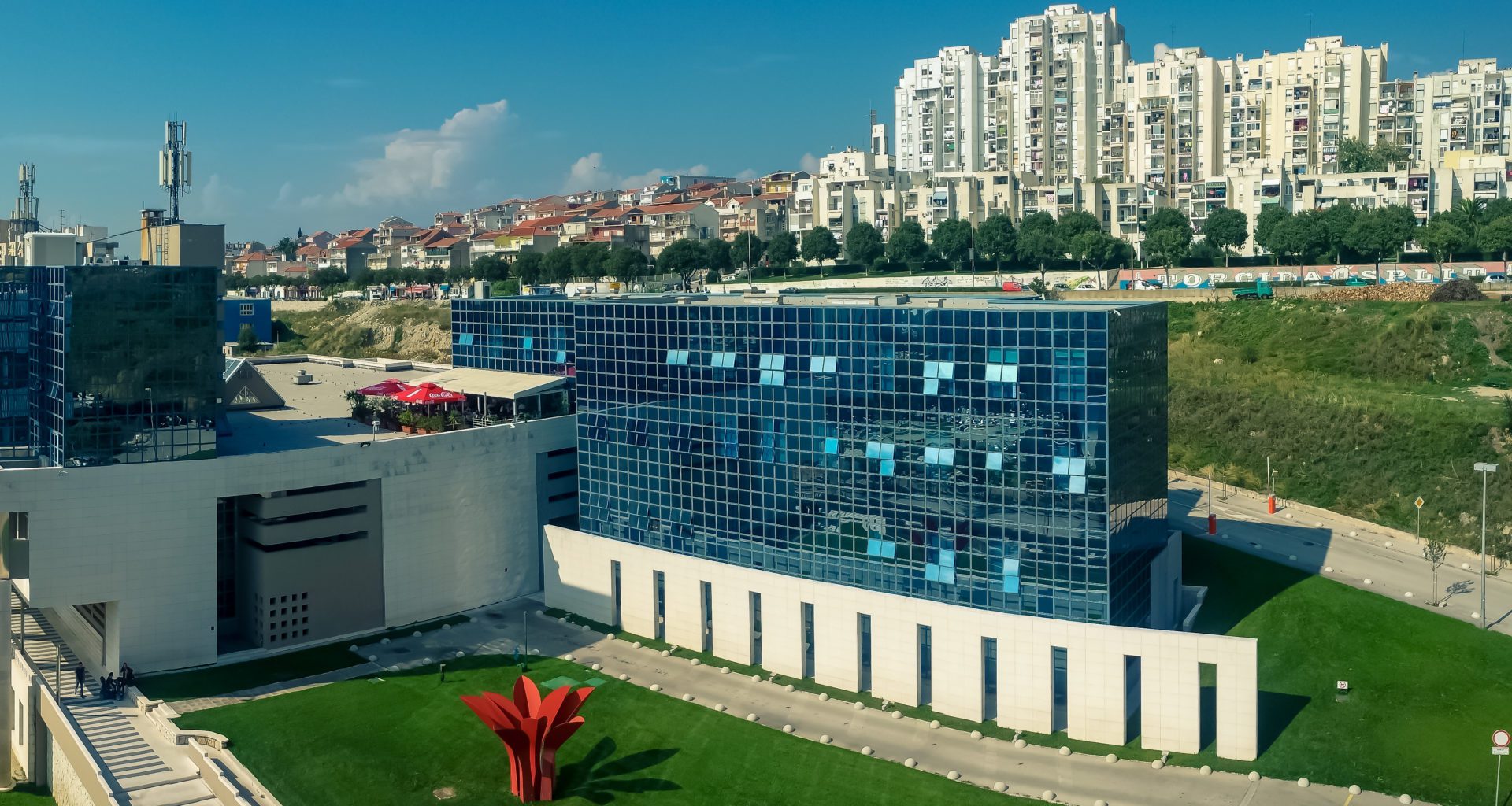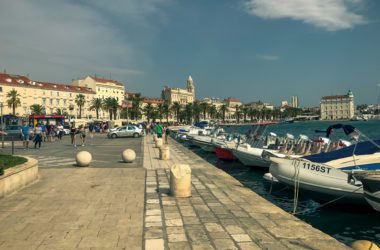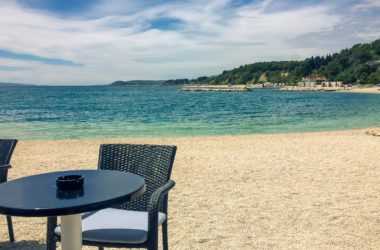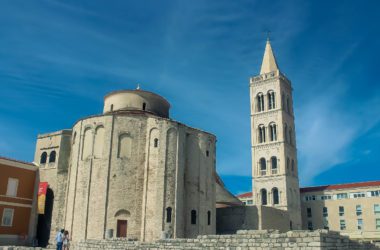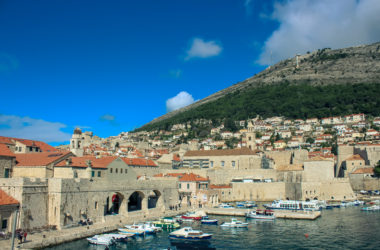Higher education in Croatia is in line with the guidelines of the Bologna Process. It consists of 3 parts – undergraduate, graduate and postgraduate studies.
Academic calendar in Croatia
Summer and winter semester
The academic year begins in the first week of October while ending in the last week of January. Most colleges have a week off after that. The winter exam period lasts 4 weeks (starting in the last week of January or early February and ending in February). The summer semester starts immediately after the exam deadlines and ends most often around mid-June. Again, most colleges have a week off and then begin the summer exam period which lasts 4 weeks.
This is followed by a large summer break of approximately a month and a half. Finally, the autumn exam period is held during the last 4 weeks of the academic year. The new academic year begins with the end of the autumn exam period.
Holidays
In the week between Christmas and New Year, there are New Year holidays for students. It usually starts on Christmas Eve (December 24) and lasts until the Feast of the Three Kings. Also, during the year there are some more non-teaching days (check out the full list of holidays here).
- All Saints’ Day – November 1
- Easter Monday
- Labor Day – May 1
- Corpus
- Statehood Day – June 25
Degree programs in Croatia
Undergraduate university studies
Upon completion of their studies, students are awarded the academic title of Bachelor (Bachelor). The program usually lasts 6 semesters. Students earn 30 ECTS credits for each semester which is a total of 180 if the program lasts 6 semesters. Exceptionally, some faculties have programs that last 8 semesters (240 ECTS credits). After graduation, students can continue their studies at a graduate university or specialist professional postgraduate level or enter the labor market.
Graduate university studies
Upon completion of undergraduate and graduate studies, students are awarded the academic title of Master (Master of Science). Graduate studies last one or two years and students earn 60-120 ECTS credits. Upon completion of undergraduate and graduate studies, students will earn at least 300 ECTS credits. Also, students can continue their studies at the postgraduate university level or enter the labor market.
For occupations such as medicine, dentistry, law, etc. there is an integrated undergraduate and graduate university course lasting five to six years. Upon completion, students are awarded a diploma and the academic title of Master (Master of Science).
Postgraduate university studies
They are divided into specialist and doctoral studies. Upon completion of the specialist study, the student awarded ta diploma and the academic title of Master with regard to specialization (univ. spec.), or the academic title of Doctor of Science or Doctor of Arts is awarded (dr. sc. or dr. art.). The studies lead to specialization in the profession and are intended for scientific and research-oriented training.
Get more info about higher education in Croatia
On the Postani student website, you can search all study programs in Croatia. Once you’ve set your search criteria, click the “Search” link.
Study in Croatia Guide
I hope you have learned enough information about higher education in Croatia. First of all, studying abroad is an exotic that would be hard to decide. However, getting to know a new culture and new people, teaching in another language are just some of the advantages. Given the rich history, architecture, social life, etc., Croatia is becoming more and more interesting to foreign students. You will find more information by reading the Study in Croatia Guide.





